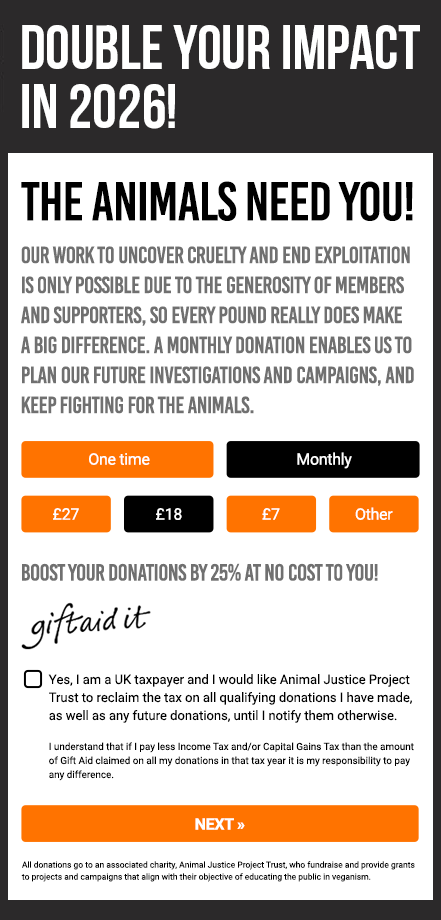
The Foul Truth
What is the cage-free commitment?

What is the cage-free commitment?
All major UK supermarkets and food companies have entered a voluntary commitment to stop selling eggs that come from hens kept in cages by 2025. For most companies, this encompasses the whole eggs sold in cartons and the eggs used in ingredients in their products. Several supermarkets, including Sainsbury’s, Morrisons, M&S, Co-op and Waitrose, already only sell cage-free eggs.
This commitment is purely voluntary, and legislation relating to cages hasn’t changed, so companies who have signed the commitment are responsible for being transparent with their consumers about their progress. However, they’re not accountable to anyone but themselves to fulfill the commitment, so it’s hard to say that all of these eggs will definitely be cage-free by 2025.
Although it seems that all major supermarkets and food companies have signed this commitment, there are likely many small independent companies and traders that will not and will continue to keep hens in colony cages. It is therefore expected that millions of hens may remain in cages post 2025.
Why have companies made this commitment?
The attitude and consumer demand for caged eggs has changed drastically over the last decade. In 2022, over 70% of the eggs sold in the UK were from cage-free hens. The EU commission, also set out plans in 2021 for a legislative proposal by 2023 to prohibit cages for a number of farmed animals, including pigs, egg-laying hens and rabbits, with the ultimate aim of banning all farmed animal cages by 2027. The proposals were dropped due to ‘cost of living pressures’ in 2021 but the ‘End the cage age’ petition was signed by 1.4 million people, pointing to a growing anti-cage attitude among the general public.
There has also been sustained pressure campaigning by animal welfare groups such as The Humane League, Open Cages and Compassion in World Farming to ban hens from being kept in cages.

Is cage-free better for hens?
Removing hens from cages and allowing them to live in big barns, or even better, barns with access to outside, is surely a positive step for hens, isn’t it?
Regardless of the advertising you might see featuring hens relaxing on their perches in barns or happily chirping around in a meadow, this is marketing propaganda and, sadly, not the reality for hens in cage-free farms.
Cage-free farms, whether barn or free-range, are still largely intensive farms where profit is the highest priority. In free-range farms, hens can be crammed in with up to 16,000 others per shed and up to nine hens per square metre. To put that in perspective, that’s the equivalent of 14 adults sharing a one-room flat! It’s a similar story in barn farms with thousands of hens packed into one stuffy, crowded shed.
Although free-range hens must have continuous daytime access to the outside (8 hours to be RSPCA Assured), this can be a minimum on one ‘pophole’ shared between 600 hens. Hens are fiercely territorial, and the more dominant hens will guard the popholes, meaning many less dominant hens may rarely or never venture outside.
Diseases and injuries are common in these crowded conditions, and feather loss affects a significant proportion of the flock. This is exacerbated by high-stress environments like these.
Even if the hens make it to their slaughter age of 18 months, they will endure a violent end at a fraction of their natural lifespan. Our investigation last year exposed the violent catching process of ‘end-of-lay’ hens by ‘catching gangs’ who catch, transport and slaughter hens from cage-free and caged farms in a distressing and violent ‘depopulation’ process.
Read more about why cage-free isn’t cruelty-free.
.png)

.png)


.png)


.webp)










.png)